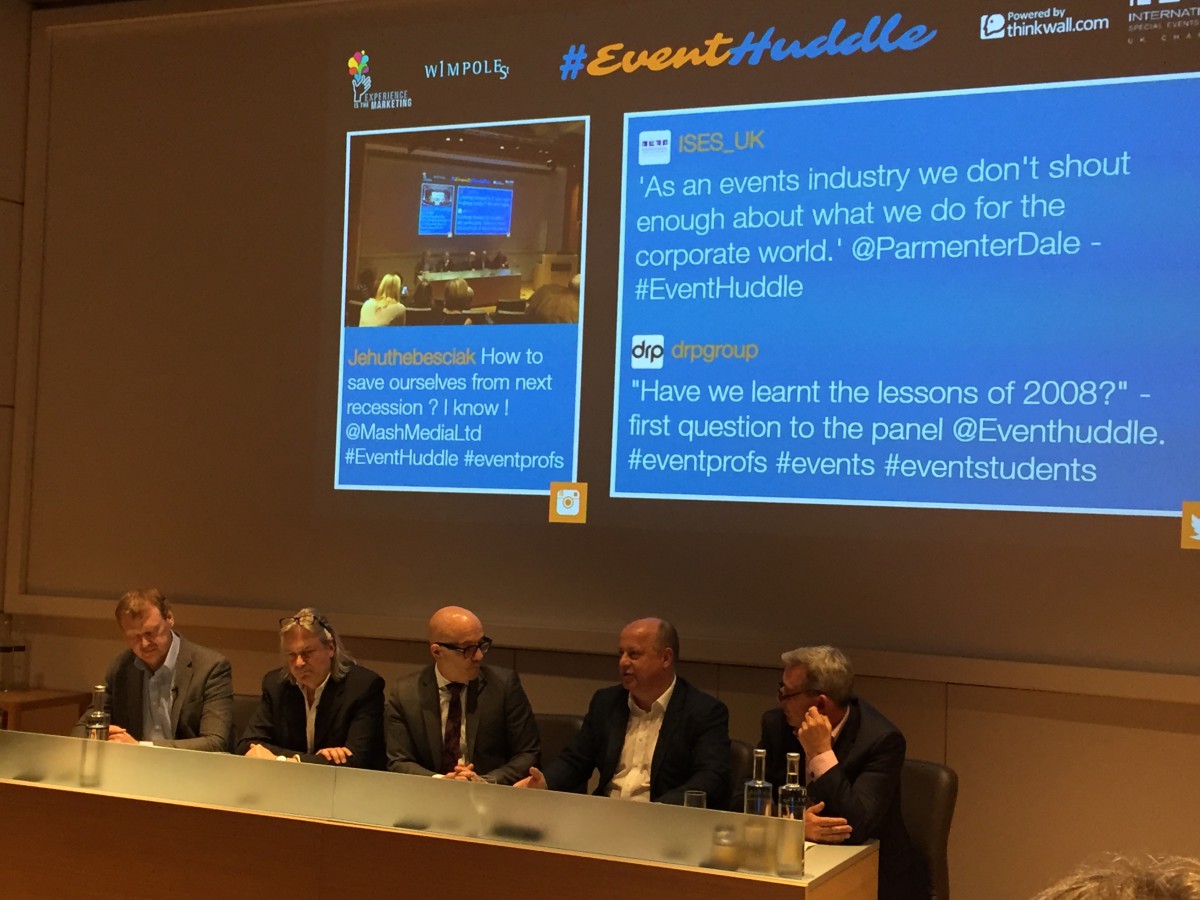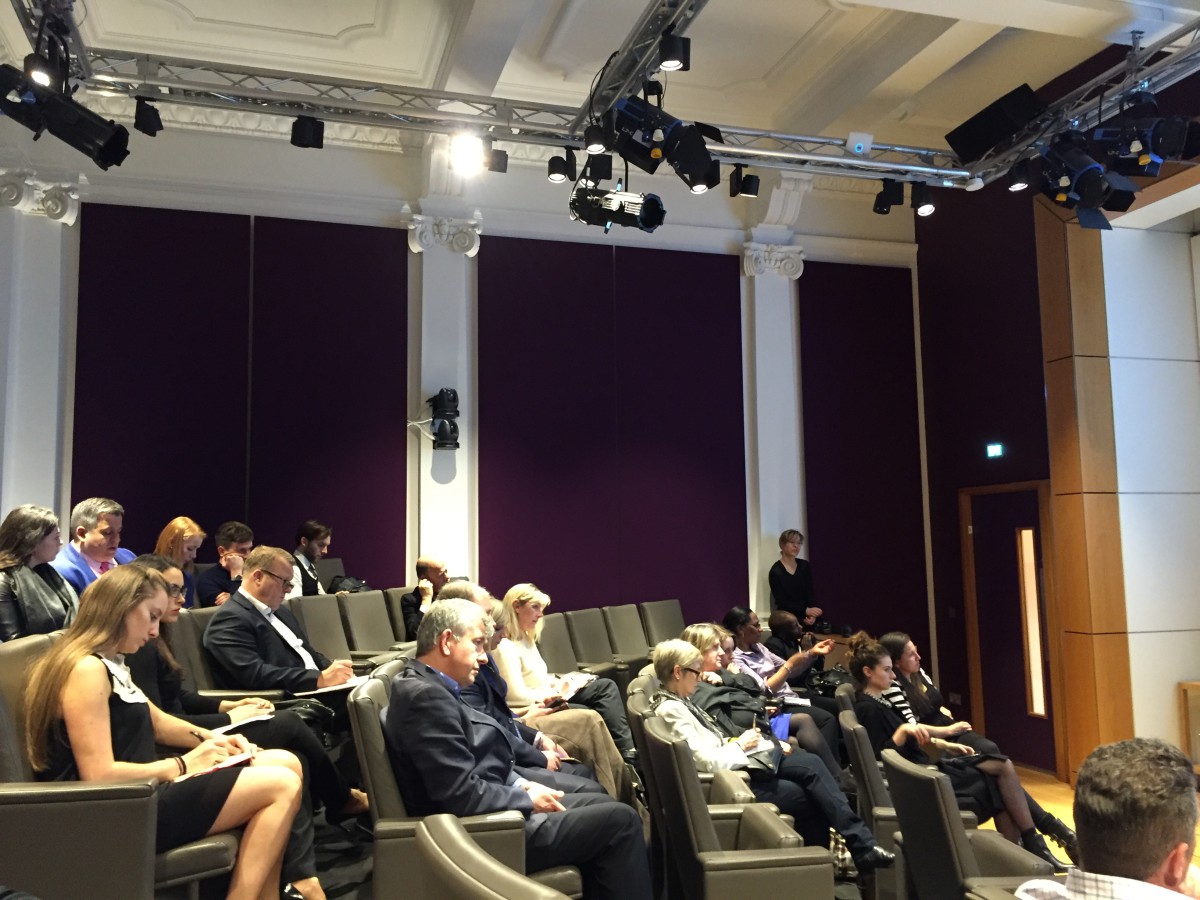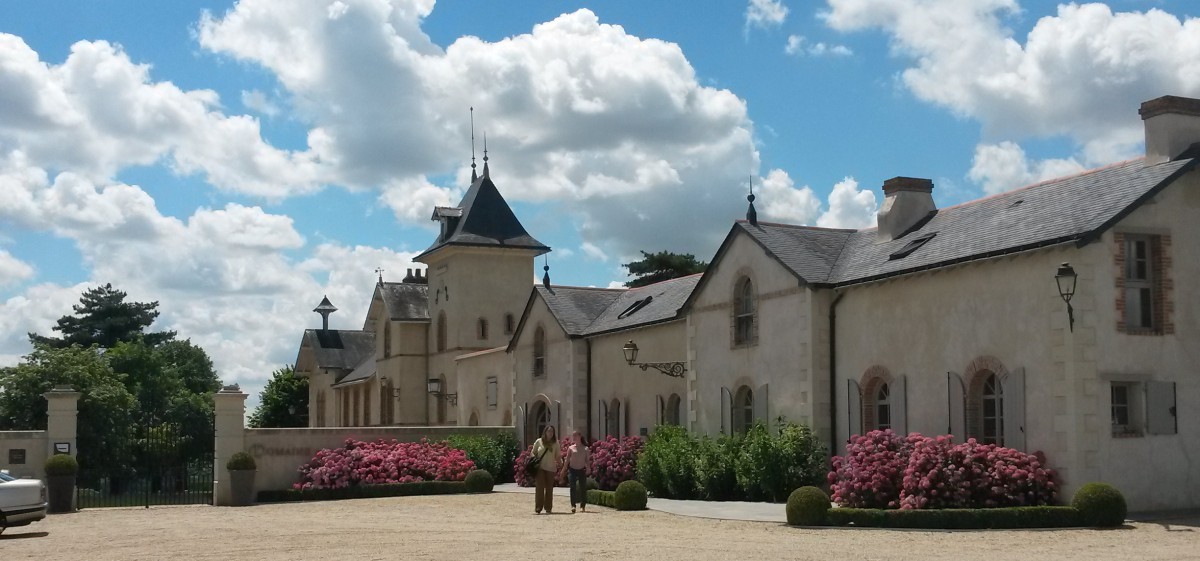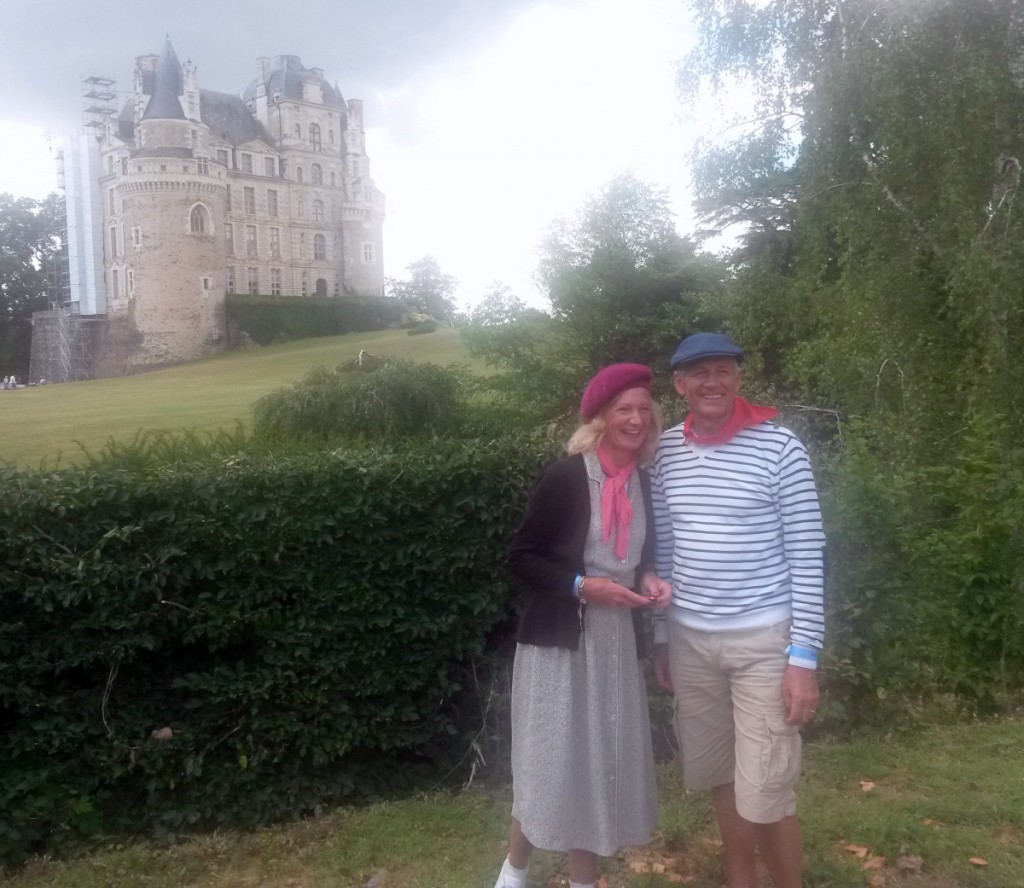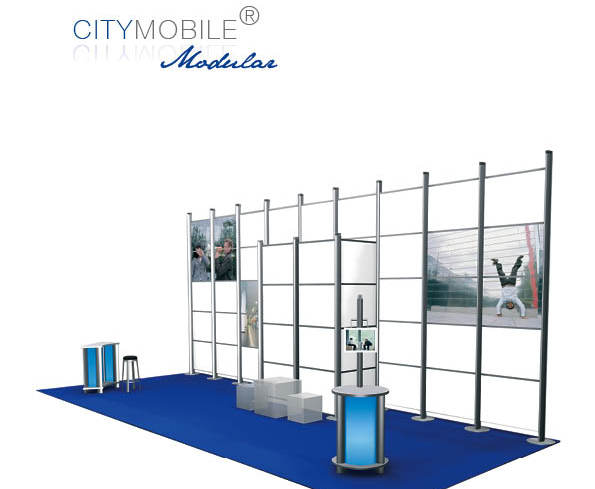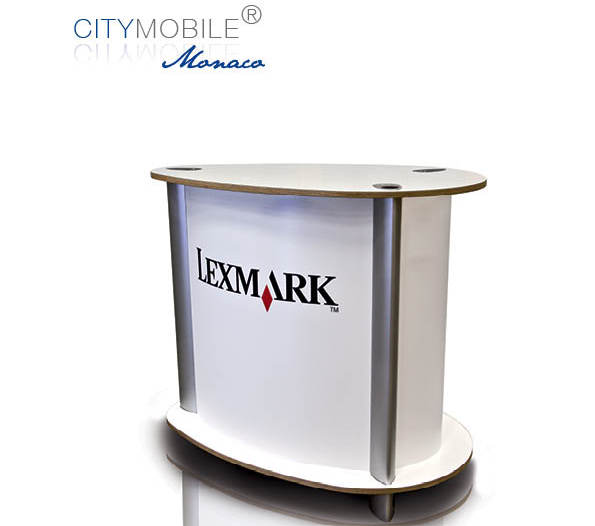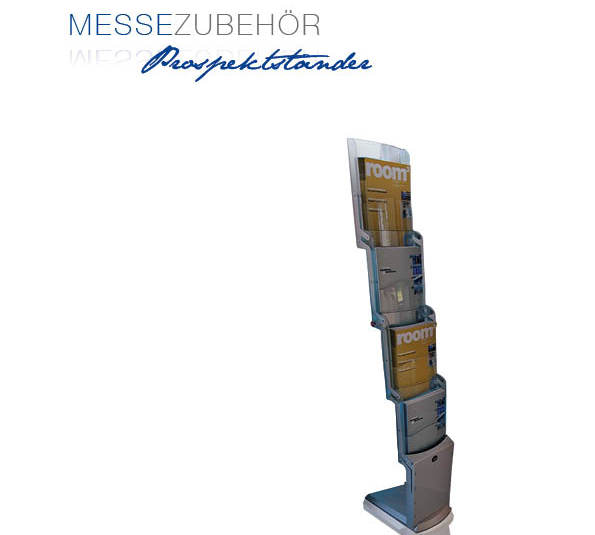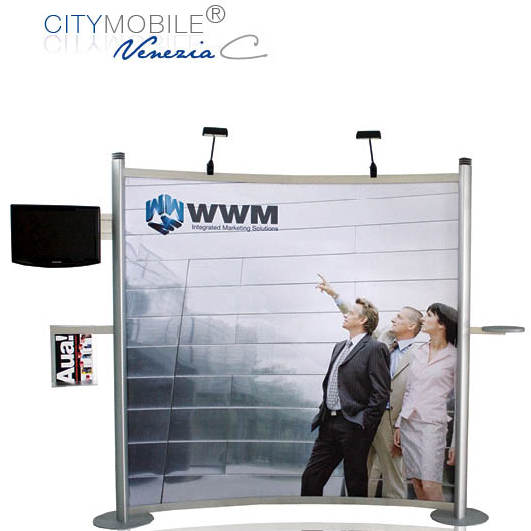Dr. Christian Coppeneur-Gülz is the managing director of the WWM Group, today a leading provider of event and marketing solutions for B2B customers in Germany. The following interview gives an overview about his innovative business model myWWM, industry insights and some takeaways for entrepreneurs.
The WWM Group is a leading provider of event and marketing solutions for companies from all industries based in Germany but which operates internationally. In 2005 the WWM Group had three main business areas: mobile presentation systems, exhibition stand constructions and digital print. After analysing market trends in different industries Christian Coppeneur-Gülz came up with a new business model, myWWM.
How did it all start?
My family was already in the exhibition business. We were a market leader in Germany in producing pop-up-displays. After graduating from WHU – Otto Beisheim School of Management I decided to continue and make a PhD at the chair of Information Systems and Information Management (Wirtschaftsinformatik und Informationsmanagement), at the same time I worked part-time at the family business, where I could implement my research. That was when I came up with the idea of myWWM.
What is myWWM?
myWWM is an innovative business model which helps firms to facilitate their exhibition appearance. Instead of selling mobile presentation systems, we provide our customers with free of charge presentation systems. It may sound strange, but myWWM clients only pay for their individual graphics, which reduces their investment cost by 50%. In addition, we take over the storage of all marketing material and release the customers from all the related logistics. We offer our clients to set up their exhibition booths all over Europe for a fixed price. To that we make sure that damaged equipment is quickly fixed or replaced, the related costs are covered by our own insurance.
The myWWM software constitutes the core of the myWWM solution. It allows the coordination of all above mentioned processes online via the myWWM platform. Whenever a client is interested in myWWM, we offer the decision makers an extensive analysis and consultancy for continuous optimisation of their marketing processes.
What were the difficulties when you introduced the new concept?
In the beginning we had to convince our existing clients of our new business model, so we offered them to try it for free – we transferred their business to the new platform. Secondly, it was challenging inside the organisation, because the employees were still convinced about the old model. Today the business model speaks for itself.
Today more and more companies host virtual exhibitions. Do you see it as a threat to your business?
No, and there are two reasons for that. Firstly, especially in B2B, long term relationships matter. People are in daily contact via email, phone or social media, and once in a while they meet face to face because meeting business partners in person strengthens the relationship and builds trust. In my opinion digital communication accompanies face to face meetings but does not replace them.
Secondly, there is a growing trend towards smaller exhibitions which are more targeted at the individual needs. To attend these kinds of events people are still very willing to invest time and money.
Besides the trend of smaller and targeted exhibitions, what other trends do you see?
Exhibitions become tactical, as opposed to strategic. Tactical means that customers book exhibitions more short term and the frequency of exhibitions increases. Customer behaviour is changing. At the WWM Group we recognise this trend by seeing booking lead time goes from three month to three days to which we are also responsive.
How do you incorporate sustainability in your business model?
In the traditional process, the customer has to contract several suppliers such as stand manufacturers, furniture suppliers, brochures/ print agency, technicians etc. At the end of the exhibition all this equipment has to be shipped back to the individual providers or thrown away. With myWWM we provide the customer with everything he needs and when the event is over we store it at our own logistics centre until it is needed again. That makes only one transaction and reduces the environmental footprint. In addition to that, when booking via our website, the customer can check the environmental footprint caused by the shipment. This transparency enables the customer to participate actively in the process.
What are the plans for the future?
By 2015 myWWM wants to be a market leader in three industries, recruiting, finance and healthcare.
Can you share from your entrepreneurial experience?
From my experience, in big companies you cannot implement your own ideas as in small companies but on the other side the private price is bigger.
Regarding small companies the competitive environment is not as tough as amongst big companies. Thus, if you are successful it will be quickly recognised.
It is important to build up relationships; people are always an important key factor in any business.
And last but not least, every industry is sexy. You can find opportunities in any business niche and become successful.




